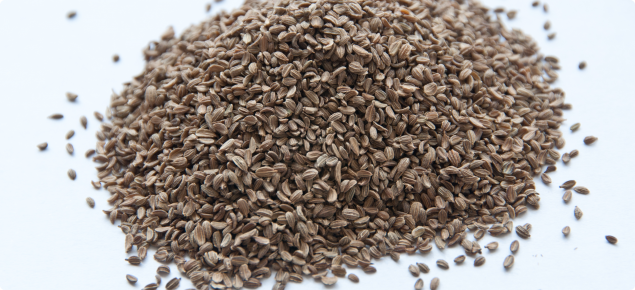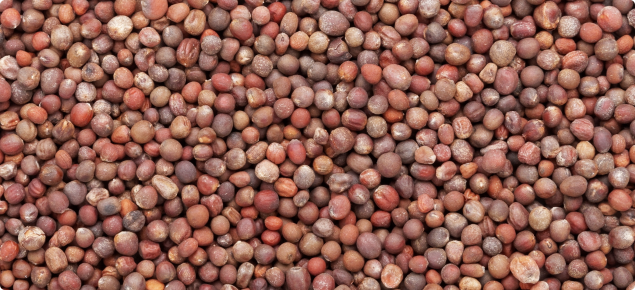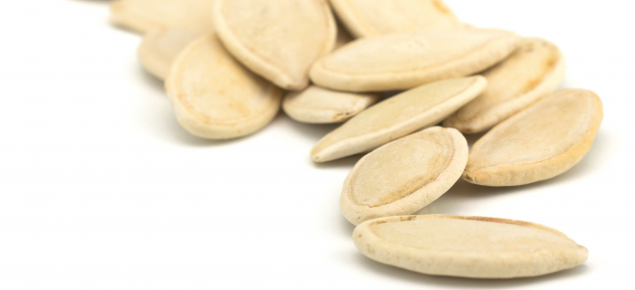Introduction
Seed can be treated to kill disease-causing organisms in or on the seed and to protect the seed when it is planted. Hot water treatment can kill a wide range of bacteria, fungi and viruses in or on the seed of many crops.
Fungicide dusts and coatings can protect seed from soil-borne organisms and are sometimes used to control organisms on or in the seed. For particular pest problems, insecticide treatments can be used.
Seed treatments are an important means of controlling disease but are most effective when combined with other disease control practices.



